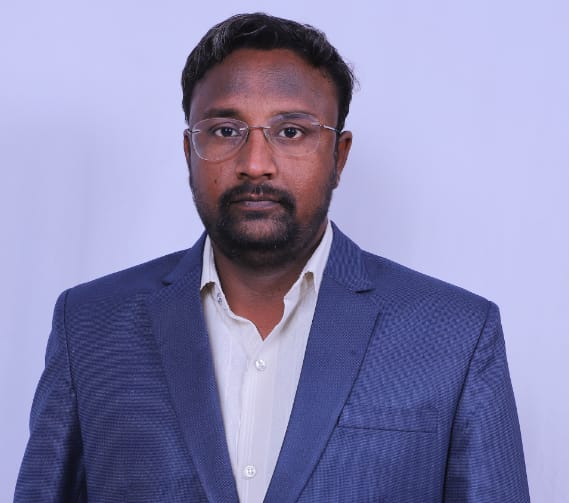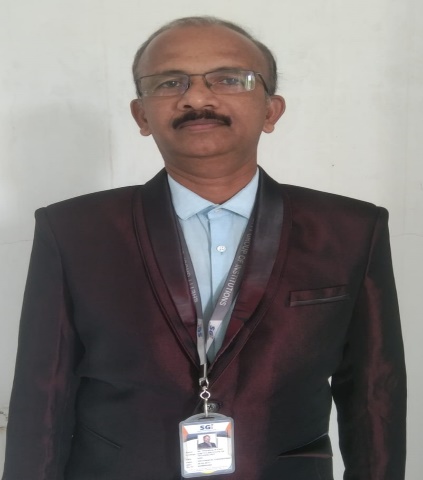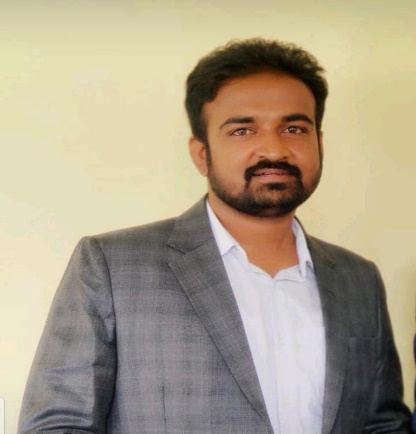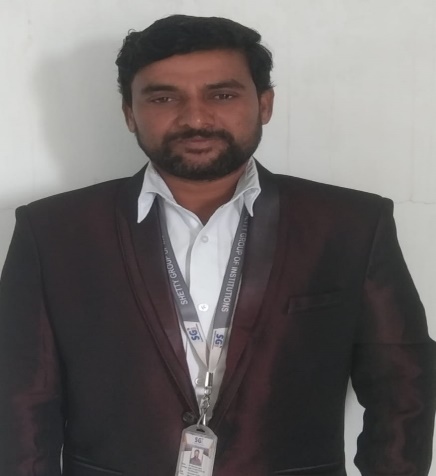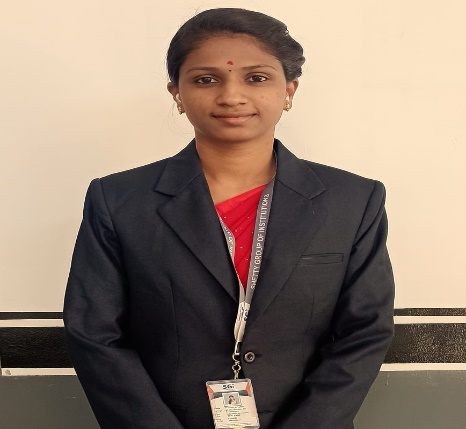Department of Civil Engineering
The department is witnessing a period of exciting growth and opportunity propelled by the growth of technology and its recognition through excellence.
- About Department
- FACULTY
Course Objective
Vision
-
To be a world-class leader in civil engineering education, research, and innovation, dedicated to shaping the future of sustainable infrastructure and fostering the next generation of globally responsible engineers.
Mission
-
To provide a rigorous and comprehensive education in civil engineering, equipping students with the knowledge and skills needed to design, construct, and maintain resilient, environmentally conscious infrastructure.
-
We aim to serve our community and society by addressing the evolving challenges in infrastructure and infrastructure systems, making a positive impact on the world.
Program Educational Objectives (PEOs)
-
Technical Competence:
Equip students with a solid foundation in mathematics, physics, and engineering principles necessary for civil engineering practice.
To develop proficiency in the use of modern tools, software, and technologies relevant to civil engineering. -
Problem Solving and Design Skills:
Cultivate the ability to analyze and solve complex engineering problems in civil engineering through critical thinking and innovative design.
To instill an understanding of sustainable and ethical design practices.
-
Communication Skills
Enhance written and oral communication skills, enabling students to effectively convey technical information to diverse audiences.
To foster the ability to collaborate within multidisciplinary teams and communicate ideas.
Program Outcomes
Apply the knowledge of mathematics, science, engineering fundamentals, and computer science and business systems to the solution of complex
engineering and societal problems.
Identify, formulate, review research literature, and analyze complex engineering and business problems reaching substantiated conclusions using first principles of mathematics, natural sciences, and engineering sciences.
Design solutions for complex engineering problems and design system components or processes that meet the specified needs with appropriate
consideration for the public health and safety, and the cultural, societal, and environmental considerations.
Use research-based knowledge and research methods including design of experiments, analysis and interpretation of data, and synthesis of the information to provide valid conclusions.
Create, select, and apply appropriate techniques, resources, and modern engineering and IT tools including prediction and modeling to complex engineering activities with an understanding of the limitations
Apply reasoning informed by the contextual knowledge to
assess societal, health, safety, legal and cultural issues and the consequent responsibilities relevant to the professional engineering and business practices.
Understand the impact of the professional engineering
solutions in business societal and environmental contexts, and demonstrate the knowledge of, and need for sustainable development.
Apply ethical principles and commit to professional ethics and responsibilities and norms of the engineering and business practices.
Function effectively as an individual, and as a member or leader in diverse teams, and in multidisciplinary settings.
Communicate effectively on complex engineering activities with the engineering community and with society at large, such as, being able to comprehend and write effective reports and design documentation, make effective presentations, and give and receive clear instructions.
Demonstrate knowledge and understanding of the engineering, business and management principles and apply these to one’s own work, as a member and leader in a team, to manage projects and in multidisciplinary environments.
Recognize the need for, and have the preparation and ability to engage in independent and life-long learning in the broadest context of technological change.
